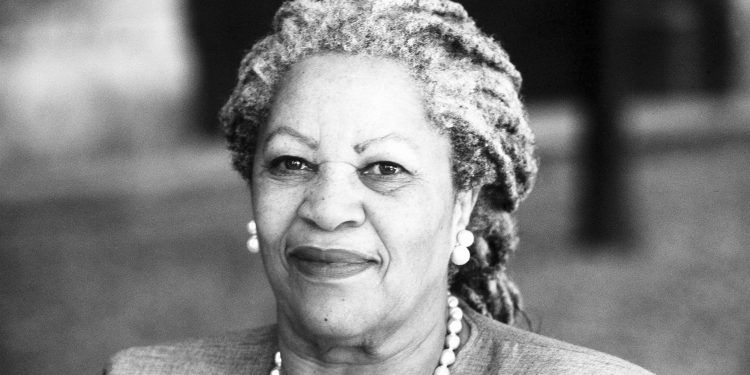Sudha Devi Nayak
Toni Morrison, one of the titans of literature strode the literary world with a firm step in a media-ridden world of distraction and consumerism. Yet her novels proved resilient, raising the novel to a cultural status. Admired by fellow writers, college students and working people. Her admirers extended to former US President Obama, under whose presidency she received the Freedom Medal. Morrison wrote 11 novels and won the Pulitzer and Nobel prizes, besides a host of other awards. As editor of Random House, she championed the cause of other Black writers. A consummate writer wedded to the written word, she sought to liberate language from categories of black and white. She was the writer who would not be tethered to a hyphen and famously said: “In this country, American means white, everybody else has to hyphenate.” She wrote about the Black Experience, especially the female Black experience, depicting dark worlds and lured her characters to brighter worlds.
Her novels were not escapism or art for art’s sake or even merely literary; they were tied to history, racism and African American traditions. Language was her passion and it is language with all its power, poetry, fantasy, reality, empathy and humanism that together drove all her novels. In her first novel ‘Bluest Eye’ she speaks of a child’s lost innocence personified in her yearning for blue eyes like the white children, to gain acceptance. Her subsequent dark experiences can best be understood in Morrison’s words that when the emphasis is on physical beauty as a strength and considered a virtue, it is “one of the most pernicious and destructive ideas of the western world”. Her novel ‘Sula’ was an exploration of the self by an African American through forty years; ‘Song of Solomon’ is the complex saga of four generations of an African American family. One of her best loved novels, ‘Beloved’, combines myth and reality. It is the story of a mother who kills her baby daughter, Beloved, to let the child escape the pains of slavery that she had endured; the daughter then returns to claim retribution and the novel focuses on the mother’s efforts to forget the incident. In her preface to the novel, Morrison says: “[T]hat the Herculean effort to forget would be threatened by memory.”
In her Nobel acceptance speech in 1993, Morrison stated that language was the “measure of our lives”. “When language dies out of carelessness, indifference, esteem, or is killed by fiat, all users and makers are accountable for its demise,” she said. The language of violence and toxicity and the calcified language of the academia and the commodity driven language of science do not do justice to language. She questions ban on literature; for her literature is interrogation, which is discredited because it is critical, erased because it offers an alternative view; she goes on to say that it is unmolested language that surges towards knowledge and not its destruction. It is the visionary force of her language, its felicity, and the lustre of her poetry together with her powerful narratives shaped by dark, haunting experiences that drive her novels towards the ineffable.
She is a resounding voice — a universal, historic voice — that translated to the world through novels the Black female experience of conflict, race and sex as she saw with her own values of kindness and empathy. Her indomitable energy and moral strength are reflected quite well in her exhortation: “If there is a book you want to read but it hasn’t been written yet you must be the one to write it.”






































